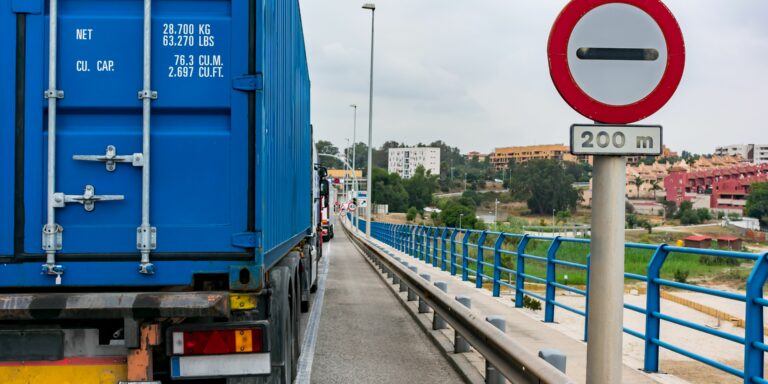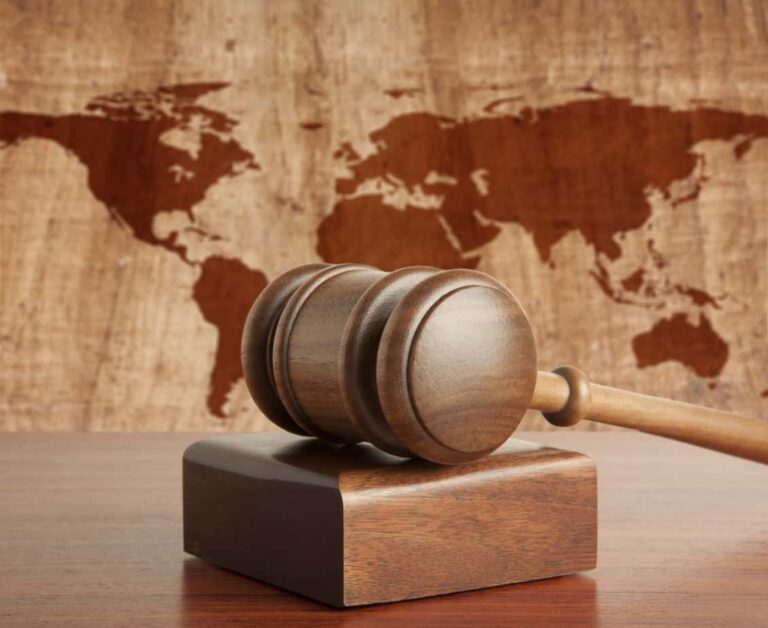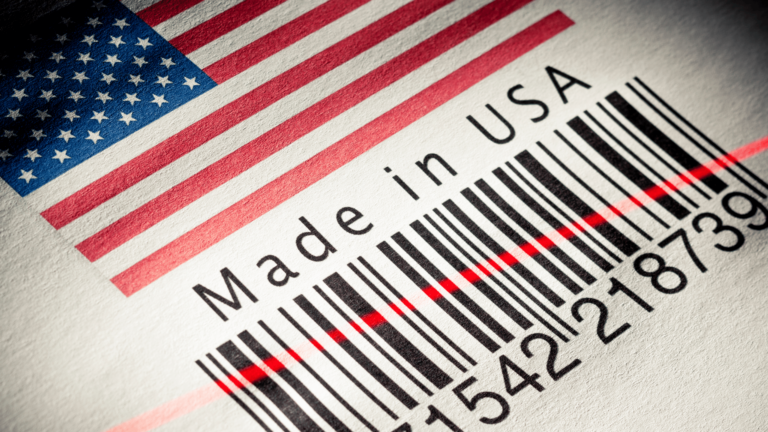LOL
In the world of Internet Slang, the abbreviation “LOL” means “Laughing Out Loud”. But, in the highly complex and regulated world of global trade compliance, it has a completely different meaning – Letter of the Law! This is essentially how U.S. Customs and Border Protection (CBP) interprets the intricate world of global trade. While it’s sometimes confusing and laced with “legalese”; it’s all right there in black and white; the Tariff Act of 1930 (as amended), and the Customs Regulations of the United States. Companies engaged in foreign commerce need one or more individuals on their staff who can successfully interpret those regulations and laws and apply them to the company’s business model. Without such expertise on staff, a company must solely rely on its customs broker which is a very dangerous recipe for non-compliance. Why? Because first and foremost, without a trade compliance manager or department, the company has little or no oversight of its import or export program and processes. This does not constitute “reasonable care” in the minds of CBP. Importers and exporters cannot outsource or otherwise abdicate the liability for trade compliance. The importer owns 100% of it; plain and simple.
The other reason it’s a bad idea to solely rely on your customs broker for trade compliance is that they cannot possibly keep up with the changes occurring in your business. Unless of course, they position one of their employees on-site; and brokers only typically do this for large and mega clients. For smaller importers, total and absolute reliance on your broker as your single line of trade compliance defense is a bad idea. As an importer (or exporter for that matter) your company needs at least one person whose part-time job is to manage the broker and represent the company on matters related to customs. The broker’s work needs to be routinely audited and scrutinized for errors. That individual also needs to be included in any major business changes, acquisitions, new product lines, and other business operations that may affect trade compliance. Without that representation at the table, the company may unwittingly and errantly violate customs laws.
On Friday, March 31, 2017, President Trump signed an Executive Order titled, “Establishing Enhanced Collection and Enforcement of Antidumping and Countervailing Duties and Violations of Trade and Customs Laws”. The Order asserts that as of May 2015, $2.3 billion in antidumping and countervailing duties owed to the Government remained uncollected, often from importers that lack assets located in the United States. The Order then directs the Secretary of the Department of Homeland Security (DHS) to develop a plan within ninety (90) days that would require importers, based on a risk assessment conducted by CBP, to provide security for antidumping and countervailing duty liability through bonds and other legal measures.
The Order also directs the DHS Secretary (through the CBP Commissioner) to develop and implement a strategy and plan for combating violations of United States trade and customs laws for goods and for enabling interdiction and disposal, including through methods other than seizure, of inadmissible merchandise entering through any mode of transportation, to the extent authorized by law.
The Order also directs the Secretaries of the Treasury and DHS to ensure that CBP can, consistent with the law, enforce and protect Intellectual Property Rights (IPR) holders from the importation of counterfeit goods.
Lastly, the Order directs the U.S. Attorney General, in consultation with the Secretary of DHS, to develop recommended prosecution practices and allocate appropriate resources to ensure that Federal prosecutors accord a high priority to prosecuting significant offenses related to violations of trade laws.
While it is abundantly clear that this Executive Order is primarily directed at importers of goods covered by antidumping or countervailing orders and IPR goods; it’s important to note that the Order specifically says, “…plan for combating violations of United States trade and customs laws for goods…” And, under the Priority Enforcement section it instructs the, “…high priority prosecution of significant offenses related to violations of trade laws.” In this instance, it does not limit priority prosecution to antidumping, countervailing, and IPR only.
Remember, CBP is well-known for literal interpretation and this Executive Order gives them vast new authority to track down companies with trade compliance issues. Any company, not just those importing goods covered by dumping orders or IPR protection. This new authority, when combined with CBP’s Centers for Excellence and Expertise and their new data mining/analytics capability, results in a strong force multiplier for identifying and combating trade fraud.
The savvy trade compliance professional will take heed and stock of this new Executive Order ensuring that their Senior Executives fully understand its depth and breadth. They will also use this opportunity to review the company’s trade compliance protocols and, if necessary, update them. Woe be to the company that is not prepared for this new era of trade compliance.
To download an Adobe copy of the article please follow this link: LOL








